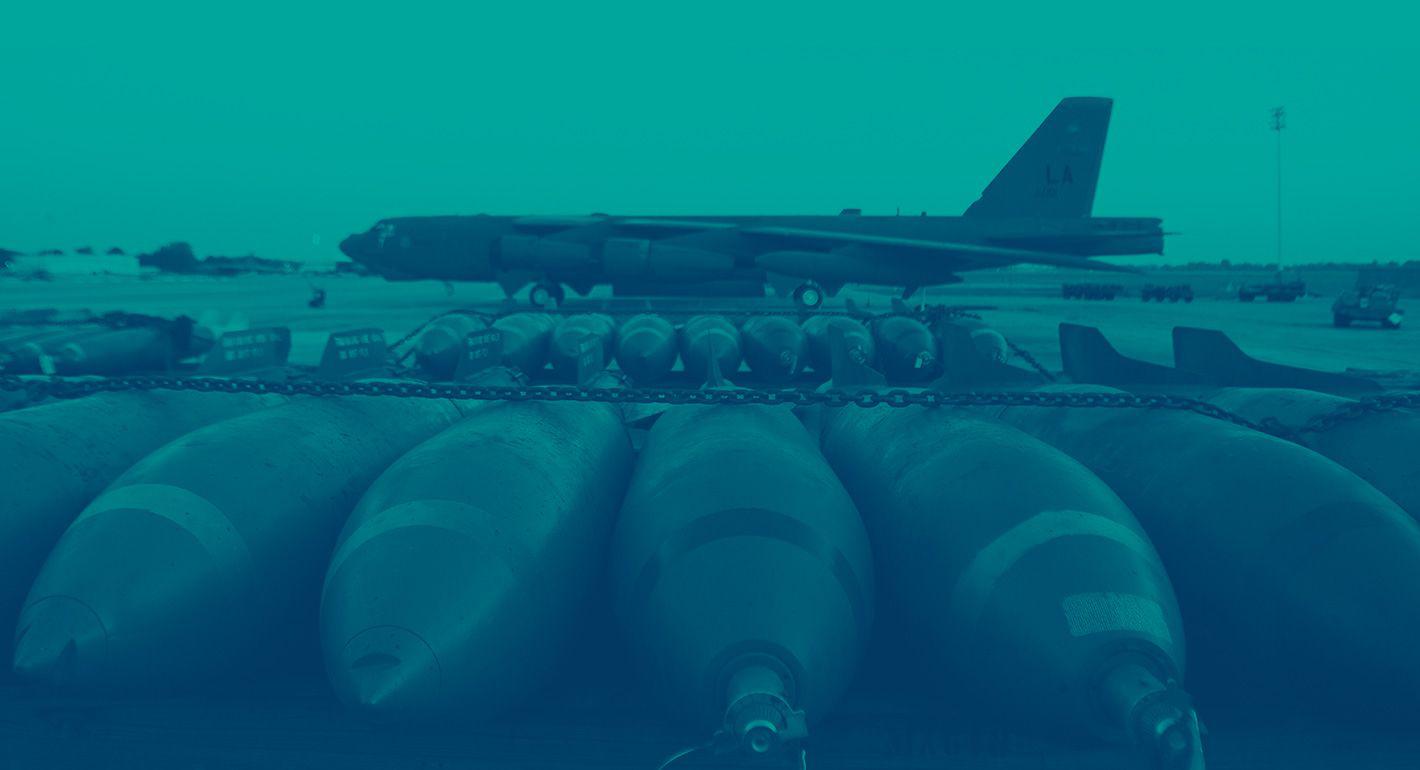
Togzhan Kassenova
Nonresident Fellow, Nuclear Policy Program
Kassenova is a nonresident fellow in the Nuclear Policy Program at the Carnegie Endowment.
William Courtney
Courtney is an adjunct senior fellow at RAND Corporation. He was the first U.S. ambassador to Kazakhstan.
George Perkovich
Japan Chair for a World Without Nuclear Weapons, Vice President for Studies
George Perkovich is the Japan chair for a world without nuclear weapons and vice president for studies at the Carnegie Endowment for International Peace, overseeing the Nuclear Policy Program and the Technology and International Affairs Program. He works primarily on nuclear strategy and nonproliferation issues, and security dilemmas among the United States, its allies, and their nuclear-armed adversaries.